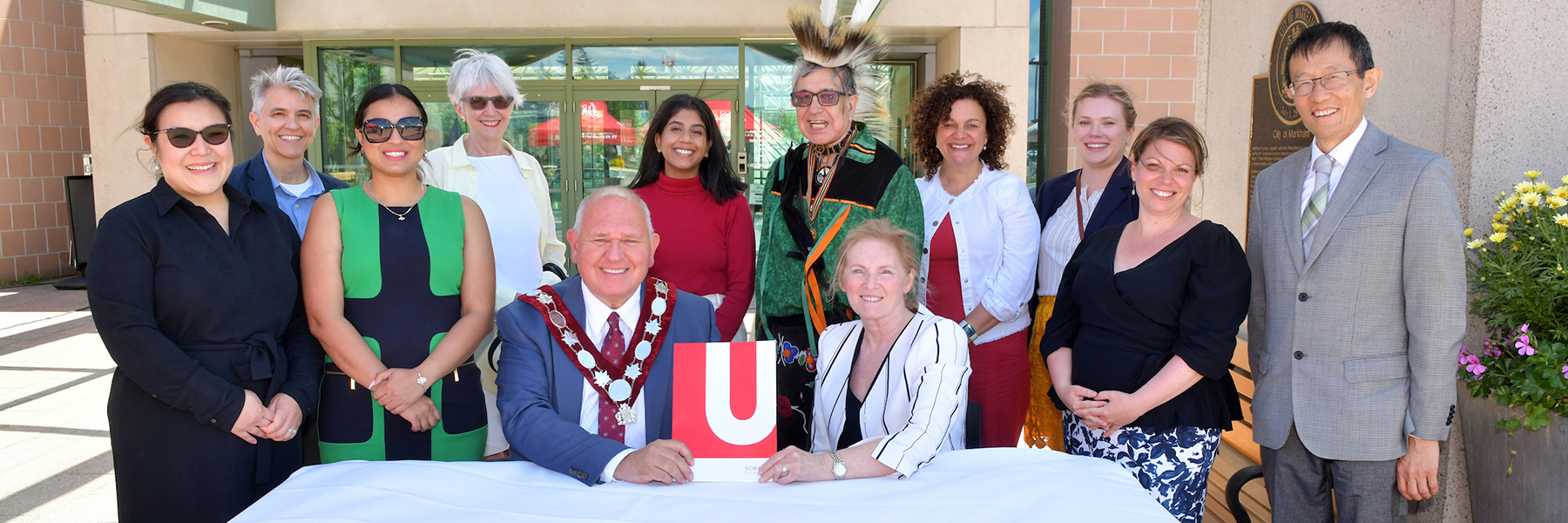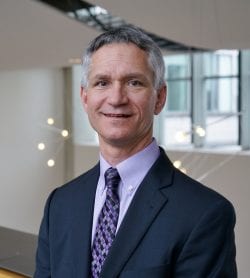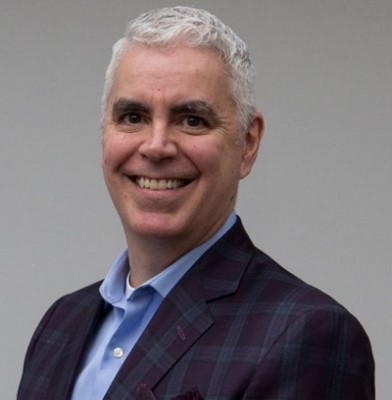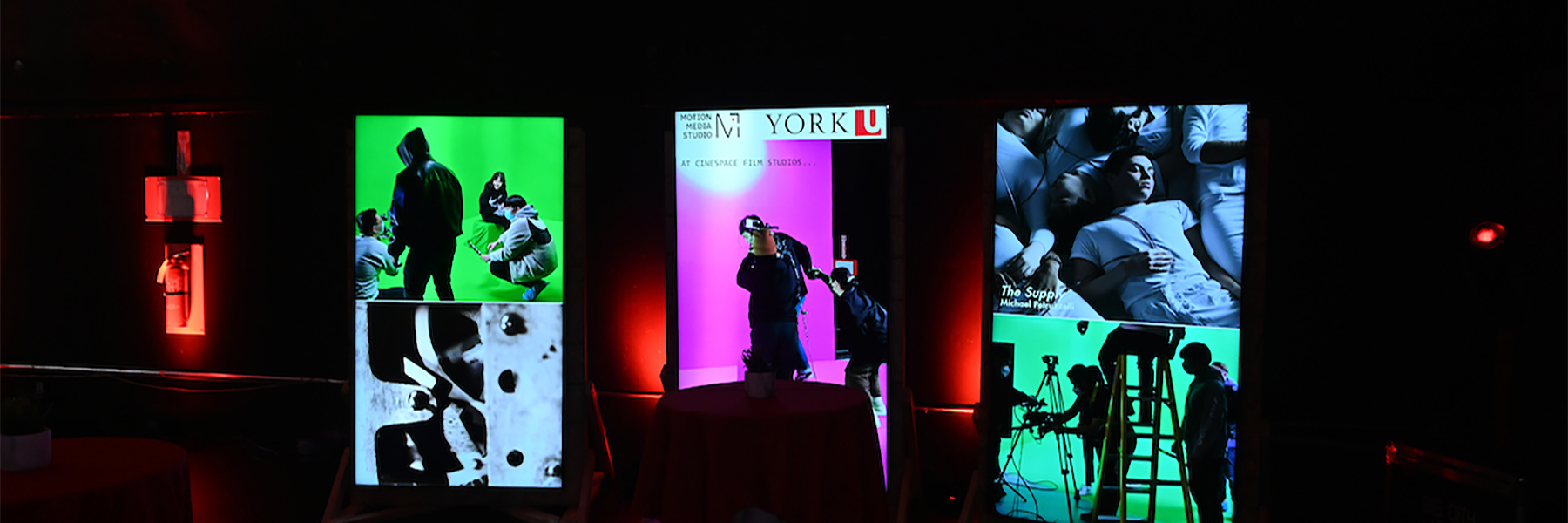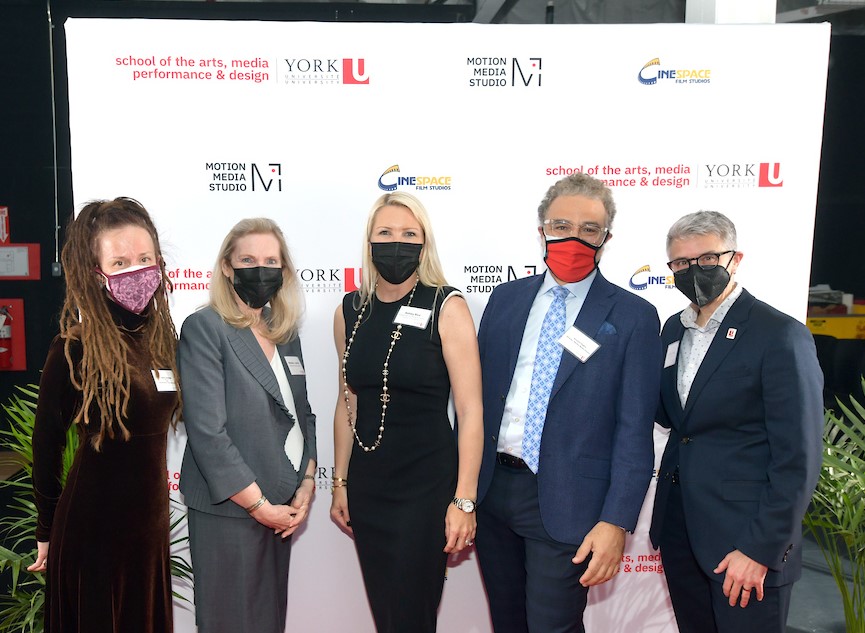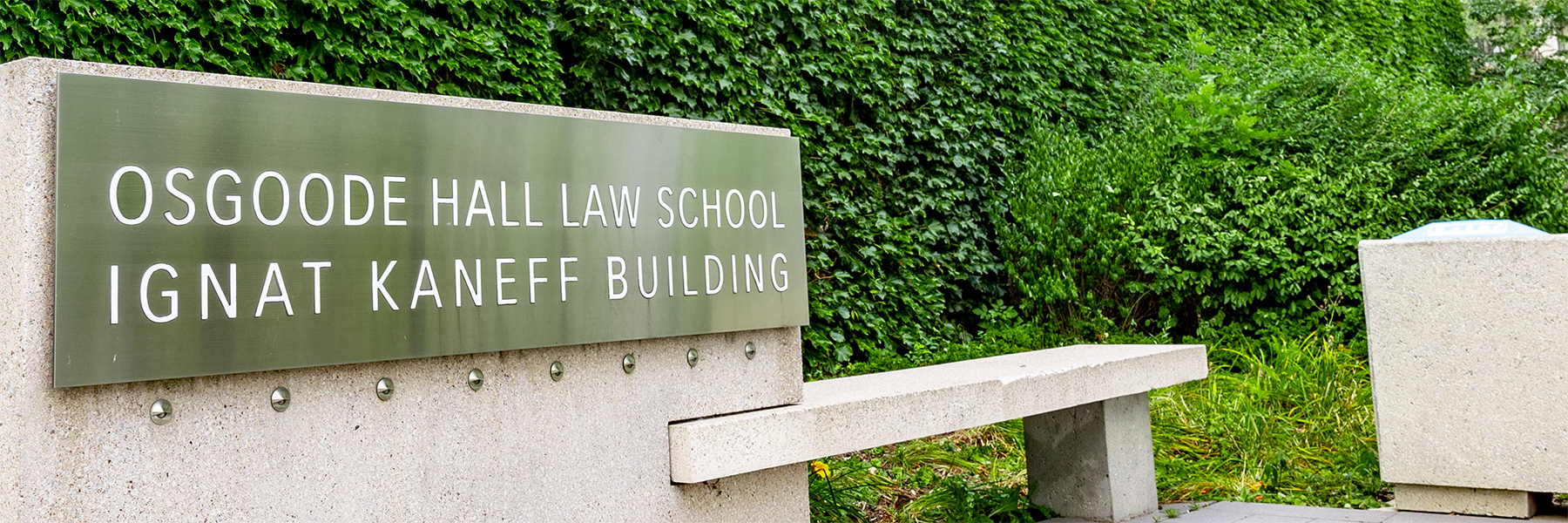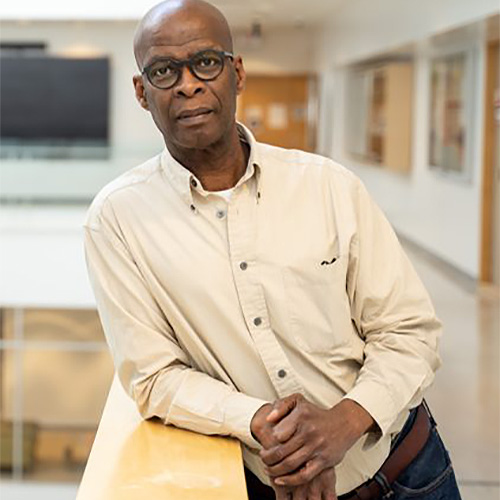On June 17, Markham Mayor Frank Scarpitti was joined by York University President and Vice-Chancellor Rhonda Lenton at a Memorandum of Understanding (MOU) signing at the Markham Civic Centre – celebrating the ongoing partnership and a shared vision for Markham’s future including reconciliation, sustainability, climate change and affordable housing.
The MOU is a five-year agreement that builds on other shared priorities such as Markham Campus, setting out a wide range of initiatives and projects in strategic areas of engagement and co-operation including: experiential learning and employment opportunities, economic growth, continuing and professional development, and research and innovation.
“The City of Markham is thrilled to be taking this meaningful step in collaboration with York University,” said Scarpitti. “Signing this MOU today underscores our shared vision and commitment in working together to address many important priorities for Markham residents and the future of our community.”
The city is committed to reconciliation and fulfilling the municipal calls to action in the Truth and Reconciliation Commission. The city will work with York to further strengthen its reconciliation efforts with continuous learning and professional development opportunities.
With a commitment to sustainability and climate change, the city is currently undertaking several initiatives, including its award-winning Textile Recycling Program, which has seen the collection of more than six million pounds of textiles, which is the equivalent of more than 2,700 tonnes diverted from landfills. Furthermore, the Yonge North Subway extension, is an inter-regional project that, by the time it is built, will save more than 13 tonnes of greenhouse gas emissions per workday by reducing the 3,300 daily bus trips that currently service this area.
The new MOU will see the City of Markham and York University explore potential opportunities to work together on a wide range of sustainable initiatives and projects that will see a greener Markham.
One-in-three households in the city have housing affordability issues and nearly one-in-five residents are spending 50 per cent or more of their income on housing. The city has undertaken a multi-phase project including research reports and community engagement to complete Housing Choices: Markham’s Affordable and Rental Housing Strategy. As part of the new MOU, the city and York University will explore opportunities to collaborate on experiential learning, research and innovation in the development of municipal affordable and rental housing policy and development.
“We are pleased to continue to partner with the City of Markham to create equitable and prosperous opportunities for the city’s vibrant communities,” said Lenton. “By working toward Reconciliation and taking action to address housing affordability in the community, York is reaffirming its long-term commitment to inclusivity and sustainability. This MOU formalizes our ongoing shared goals of training the next generation of world-class professionals and thought leaders, and fostering innovative community and research collaborations to drive positive change both at the local and global level.”
Together with York University ‘s entrepreneurship hub known as YSpace Markham, the Markham Small Business Centre, the city’s economic development initiatives, and technology companies already based in Markham, this new campus will help foster innovation and entrepreneurship in Markham and the Regional Municipality of York. It will also attract more skilled, diverse talent to study, work and settle in Markham, further growing the city as a forward-thinking community and a leading technology and innovation hub.


